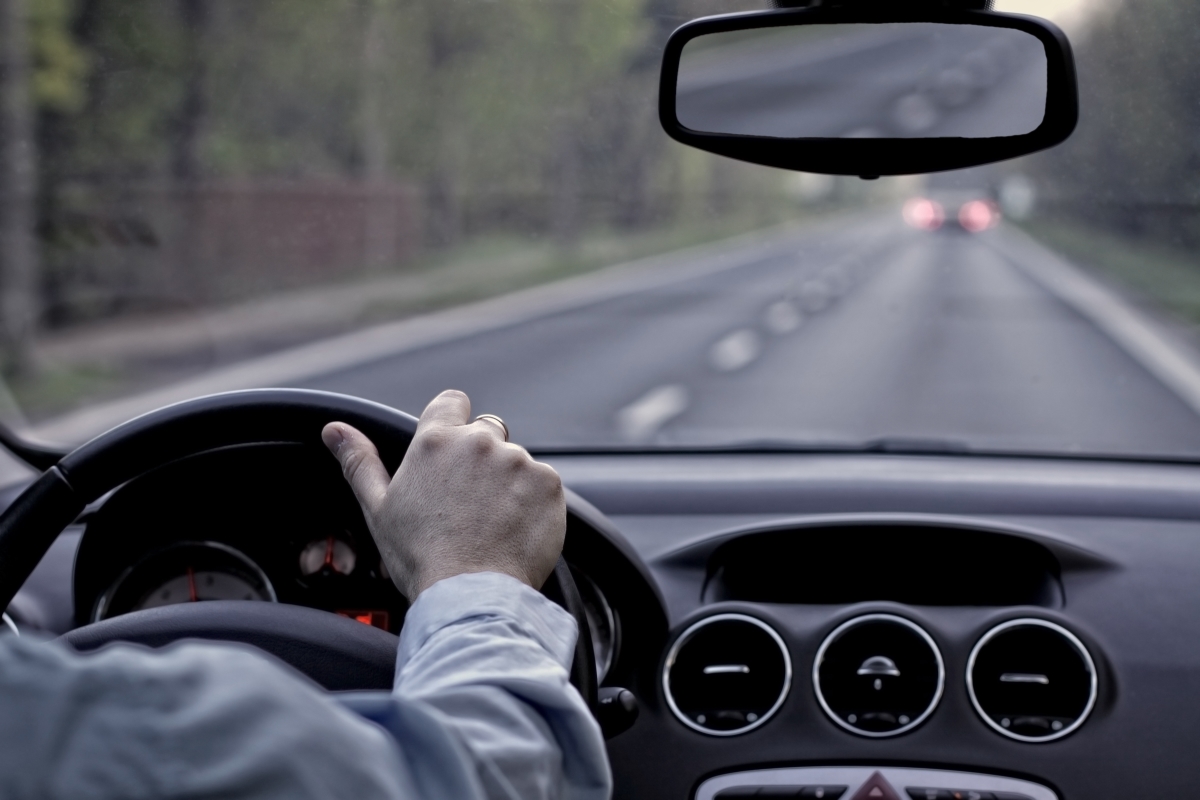The Dangers of Driving While Drowsy
- by Kris Bonn

The dangers of driving while drowsy — how is that for alliteration?
To be serious, when you’re tired, you’re risking your own safety and the safety of everyone else on the road. According to a study released by the American Automobile Association (AAA) in December 2016, drivers who miss between one to two hours of the recommended seven hours of sleep in a 24-hour period nearly double the risk for a crash.
The U.S. Centers for Disease Control and Prevention says that 35 percent of American drivers sleep less than the recommended seven hours; AAA warns that drivers getting less than seven hours of sleep may have deadly consequences.
This study also looked at the comparison between sleep-deprived driving and driving while impaired. The study estimates that the crash risk associated with driving after having slept for 4-5 hours in the past 24 hours is equal to the crash risk of driving with a blood alcohol content (BAC) equal to the legal limit, or 0.08. Driving with less than 4 hours of sleep is comparable to the crash risk associated with a BAC of approximately 0.12 - 0.15.
In 2016, there were 35,972 motor vehicle crashes involving fatalities or personal injury. Of this total, there were 483 people killed. These are all preventable deaths.
I believe that every crash is preventable — there are no “accidents”. How many of these crashes were caused by drowsy driving? This is hard to know for sure, but based on the U.S. data that 35 percent of drivers sleep less than 7 hours a night, arguably close to one-third of those crashes could have been caused by drowsy drivers.
We need to do better. I understand that it’s hard to get the recommended 7 hours of sleep a night, but we all must take more care.
If you’re feeling tired or drowsy, don’t drive. If you feel yourself nodding off while driving, pull over immediately and get some rest. The consequences of a moment’s inattention could be deadly.
